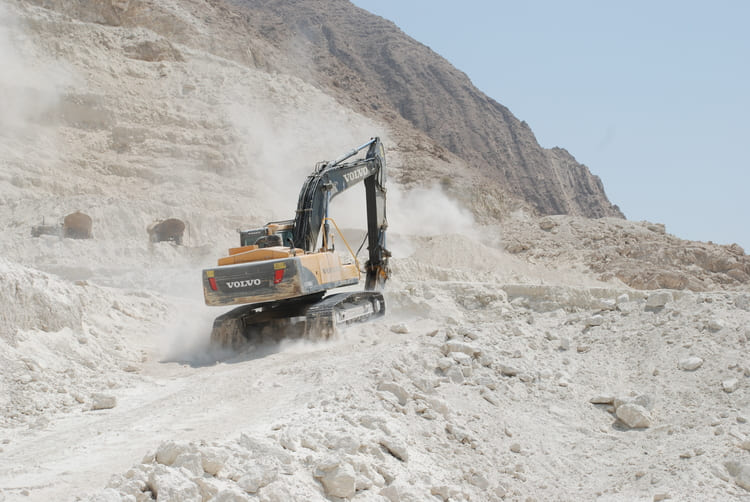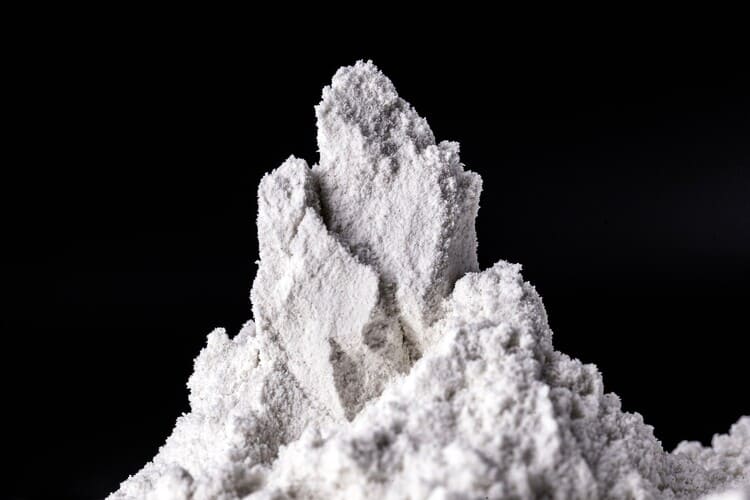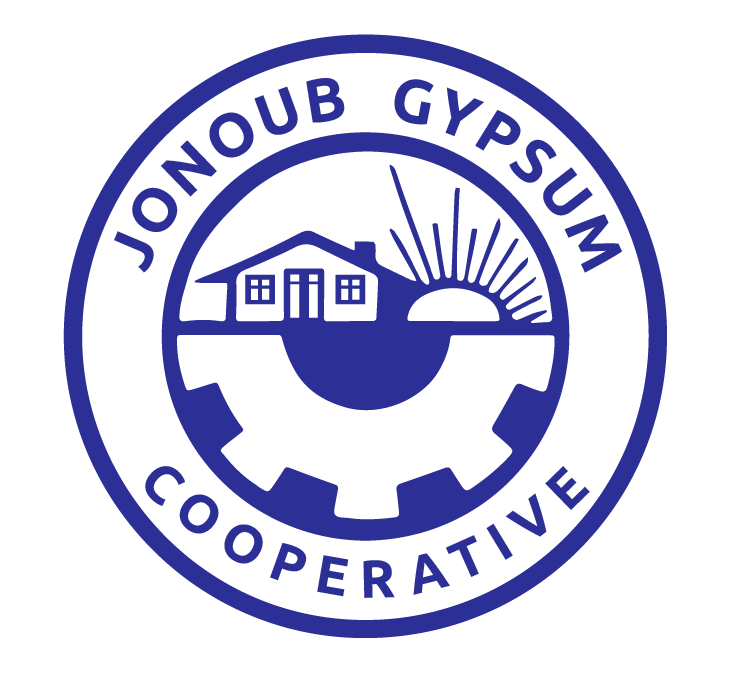
Gypsum powder, a versatile and widely used material in construction and industrial applications, has gained popularity due to its unique properties and benefits. Derived from gypsum rock, a naturally occurring mineral composed of calcium sulfate dihydrate, gypsum powder plays an essential role in producing plaster, cement, and various building materials. However, like any commodity, the price of gypsum powder is influenced by numerous factors. Understanding these factors is crucial for businesses and consumers to make informed decisions.
What is Gypsum Powder?
Gypsum powder is a fine, white powder produced by heating gypsum rock to remove water molecules, a process called calcination. This transformation results in calcium sulfate hemihydrate, commonly known as plaster of Paris. When mixed with water, gypsum powder rehydrates to form a paste that sets into a solid form, making it ideal for molding, casting, and surface coating applications.
Gypsum powder is widely used in the construction industry to create smooth wall finishes, decorative moldings, and ceiling designs. It is also a critical ingredient in cement manufacturing, where it acts as a retarder to control the setting time of cement. Additionally, gypsum powder is used in agriculture to improve soil quality and in the medical field for making orthopedic casts and dental molds.
Key Factors Influencing Gypsum Powder Price
Several factors impact the price of gypsum powder, ranging from raw material availability to market demand and production costs. Below are the key considerations:
- Availability of Raw Materials
The availability of gypsum rock, the primary raw material for gypsum powder production, plays a significant role in determining gypsum powder prices. Gypsum deposits are found worldwide, but the ease of mining and transportation affects supply levels. Regions with abundant gypsum resources, such as Iran, India, and the United States, typically have more stable gypsum powder prices due to lower extraction costs.
When gypsum reserves are scarce or mining is affected by regulations or natural disasters, the supply chain is disrupted, leading to increased gypsum powder prices. Sustainability concerns and environmental restrictions can also limit gypsum mining activities, further influencing costs.
- Production and Manufacturing Costs
The process of producing gypsum powder involves mining, transportation, crushing, and calcination. Each of these steps incurs costs that directly affect the gypsum powder price. Energy costs, particularly for calcination, can significantly impact production expenses, as high temperatures are required to remove water molecules from the gypsum rock.
Labor costs, machinery maintenance, and the use of advanced technologies in manufacturing also contribute to production costs. Companies employing efficient processes may offer gypsum powder at competitive prices, while those facing higher production expenses might pass these costs onto consumers.

- Transportation and Logistics
Gypsum powder is often transported in bulk to construction sites, factories, or retailers. Transportation costs, including fuel prices, shipping fees, and handling charges, significantly influence gypsum powder prices. Proximity to gypsum mines can lower transportation costs, making gypsum powder more affordable in areas near production facilities.
For international shipments, factors like customs duties, port handling charges, and exchange rates also play a role. Countries importing gypsum powder may experience higher prices due to these added expenses.
- Market Demand
Market demand is a primary driver of gypsum powder prices. In regions experiencing construction booms or increased industrial activity, the demand for gypsum powder rises, often leading to higher prices. Similarly, seasonal fluctuations in construction activities, such as peak building periods, can create temporary surges in demand.
In addition to construction, other industries such as agriculture, healthcare, and art also contribute to gypsum powder demand. Increased use in these sectors can elevate prices, especially if supply remains constant.
- Quality and Purity
The quality and purity of gypsum powder significantly influence its price. High-purity gypsum powder, which is free from impurities and offers superior performance, commands a higher price in the market. Such premium-grade powder is often preferred for specialized applications, including medical and artistic uses.
Lower-grade gypsum powder, suitable for basic construction needs, is more affordable. Consumers and businesses should consider their specific requirements when selecting gypsum powder, balancing cost against performance.

- Environmental and Regulatory Factors
Environmental regulations aimed at reducing carbon footprints and minimizing the environmental impact of mining can affect gypsum powder prices. Stricter policies may increase operational costs for mining companies, leading to higher prices for end consumers. Additionally, companies adhering to sustainable practices or using recycled gypsum may incur additional costs, influencing their pricing strategies.
- Currency Exchange Rates
For countries importing gypsum powder, currency exchange rates can have a significant impact on prices. Fluctuating exchange rates can make imported gypsum powder more expensive, especially when local currency weakens against the supplier’s currency.
Conclusion
Gypsum powder is an indispensable material in construction, agriculture, and various other industries. Its price is influenced by a complex interplay of factors, including raw material availability, production costs, market demand, transportation expenses, and regulatory considerations. For businesses and consumers, understanding these factors is essential to making cost-effective and strategic purchasing decisions.
By monitoring trends in gypsum powder supply and demand, as well as keeping an eye on global economic and environmental developments, stakeholders can better anticipate price fluctuations and adapt accordingly. Whether used for wall finishing, cement manufacturing, or artistic projects, gypsum powder remains a vital resource that contributes to the development of modern infrastructure and industry.







